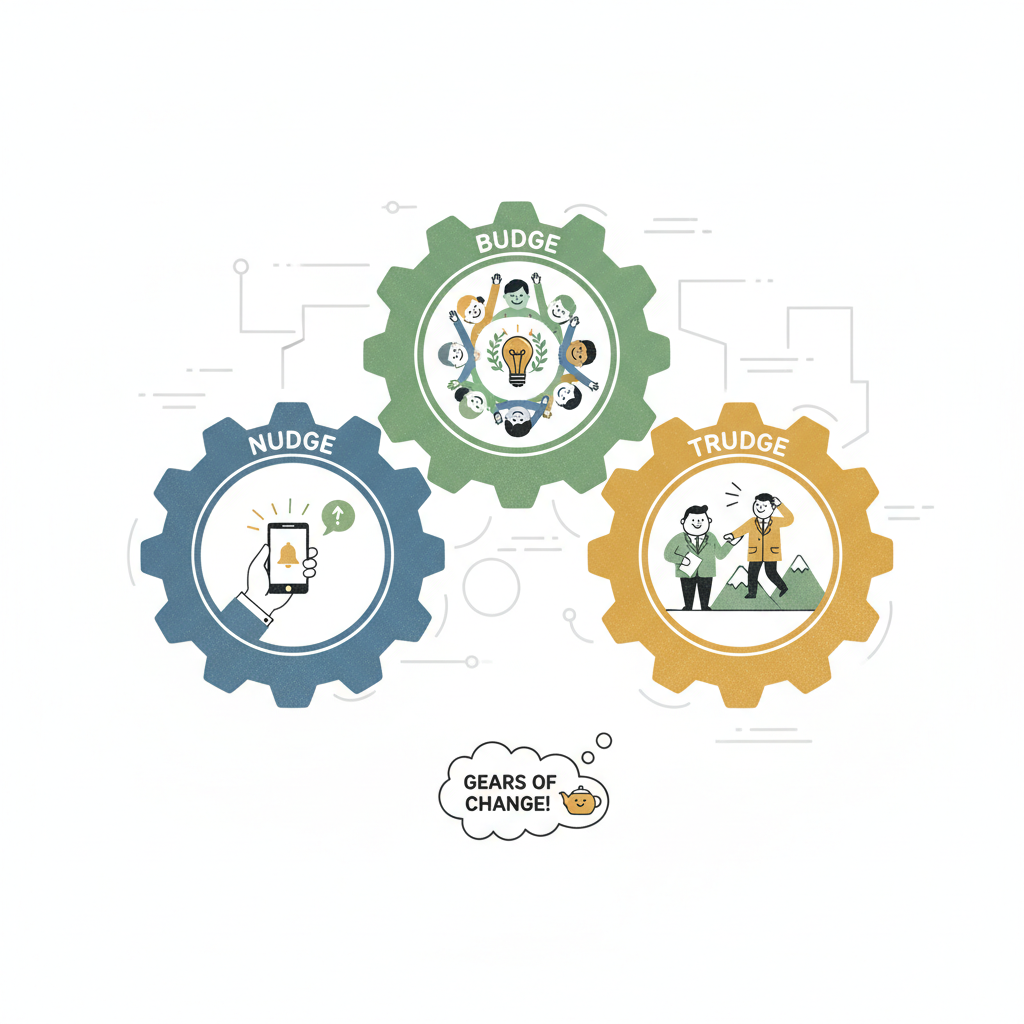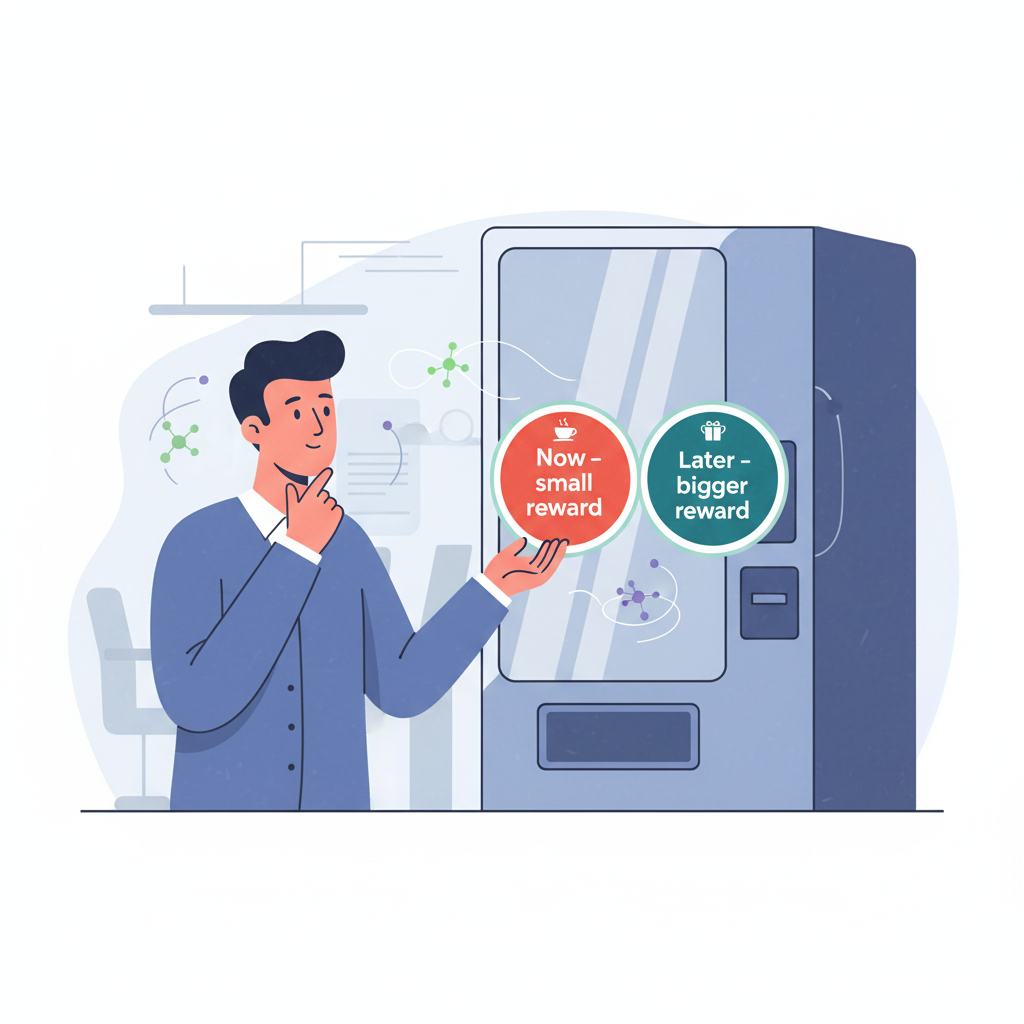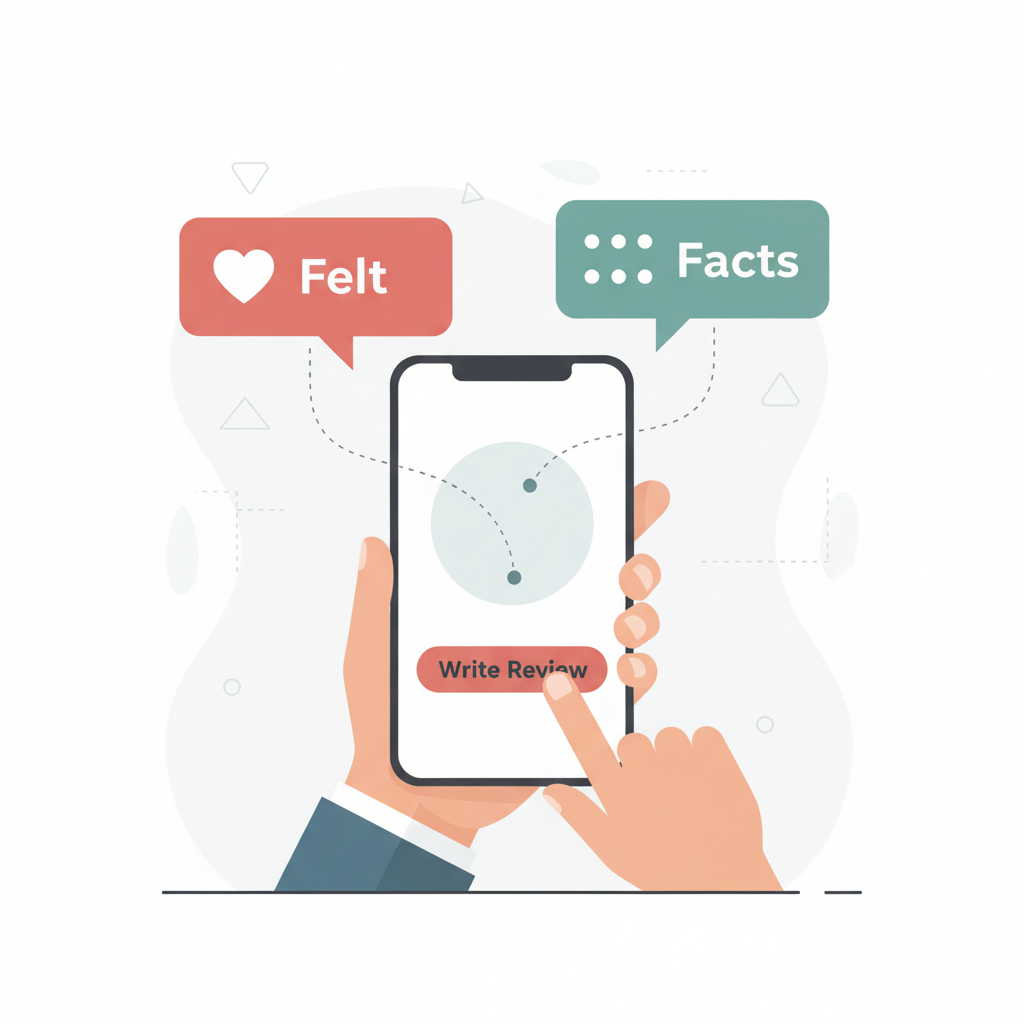🧠 The Psychology of Motivation, Waiting and “Meh” Tasks
Welcome to our latest newsletter.
This month, we look at:
How Nudge, Budge and Trudge can persuade us to do boring things
Why giving customers the option to wait may get you a better result
When rational reviews may NOT lead to repeat purchases
Do you want to nudge your way to better results?
📈 Grow your business?
💰 Sell more?
💎 Increase customer value?
Email us to see how behavioural science can help you.
Every so often we use our Monkey Business newsletter to share useful nuggets, opinions, and findings as food for thought. Sign up here.
Nudge, Budge, Trudge: The Psychology of Getting People to Do Boring Things
In a recent World Bank piece, economist Jonathan Karver explores how behavioural science can make tax compliance less a battle of wills and more a matter of design.
His “Nudge, Budge, Trudge” framework maps three fronts: nudges that simplify and remind; budges that reshape beliefs and norms; and trudges that improve how institutions and officials behave.
The deeper lesson is to fix the environment before fixing the individual. For business, that means influence is rarely about messaging alone - it is about trust, emotion and system design working together.
Practical Business Takeouts:
A reminder without reform can backfire - simply nudging people to act when the process is confusing may increase drop-out or defection because it amplifies their frustration.
Changing how people feel about what you ask (budge) is often more powerful than increasing how often you ask (nudge) - for example, telling customers “you are part of something that matters” can outperform “please do this now”.
The people behind your message matter - an efficient but cold agent will lose trust, while a warm, fair, helpful human (or human-centred design) can dramatically boost uptake (the “trudge” concept).
Social norms can cut both ways - telling customers “90 per cent of people like you have done X” can drive uptake, but if the reference group is already highly compliant, it may reduce motivation because people think “everyone else has done it, so I can afford to wait”.
Trust-building investments, such as transparency and responsiveness, are long-term and often overlooked compared to quick nudges - yet they can pay off in sustained engagement, less churn and fewer support calls.
Patience Pays - How Dopamine Lets People Wait for a Bigger Win
This study found that administering L-DOPA (a precursor to dopamine) increased participants’ willingness to wait for larger, delayed rewards - reducing impulsivity by around 20% compared with placebo.
This suggests that impatience might not only be about insufficient incentives but also about neuro-mechanics of motivation and timing. Framing your value proposition as a strategic hold-out rather than an instant push may invite better decision-making, improved commitment and higher long-term engagement.
Practical Business Takeouts:
Waiting can be sold as strength, not sacrifice - positioning delay as part of a smart strategy taps into enhanced decision willingness.
Immediate reward prompts impulsivity - faster-is-better may backfire if your offer demands thoughtful commitment.
Dopamine-mindsets work differently - highlight growth, future payoff and patience rather than just “get it now”.
Design “wait-smart” moments - use onboarding, drip-campaigns or phased delivery to build anticipation and value rather than rushing full reveal.
Avoid over-speeding call-to-action - pushing immediate decision may tap into impulsivity, increasing cancellations or regret. Slower timing may yield better retention.
Writing Emotional Reviews Boosts Loyalty - And Rational Ones Can Have the Opposite Effect
This work suggests that when customers write reviews rich in emotional content - describing how a product or service made them feel - they are significantly more likely to repurchase and refer friends.
Meanwhile, reviews heavy in factual analysis - “pros and cons”, detailed breakdowns - actually reduce the author’s own loyalty.
The study, spanning over 14,000 reviews across multiple contexts, reveals an “informativeness-loyalty trade-off”: while detailed reviews help other consumers, they may harm the author’s own attachment and likelihood to return.
So consider prompting for emotion when you want to build loyalty, and reserve analytic prompts when you need detailed feedback.
Practical Business Takeouts:
Ask for feelings, not features - a simple prompt like “How did this product make you feel?” can drive stronger repeat behaviour than “Describe its pros and cons.”
Shorter emotional reviews may beat long-windy analytical ones -especially when the product or service is simple or when the reviewer is experienced.
When loyalty is the aim, less detail is more - analytics-heavy reviews boost knowledge but undermine emotional connection and future buying.
Segment your review asks - for new users or high-loyalty audiences, request emotional reflection; for technical or niche users, request analytical feedback.
Incentivise emotional reflection wisely - framing review incentives around emotion (“Tell us your story”) rather than completeness (“Cover all features”) enhances brand attachment.
😓 Tough business challenge? See if we can help. We probably can.
James, Patrick and Dan
We practically apply the science of the human mind for hard, commercial results
Please feel free to share.
➡️ Sign up for your own MONKEY BUSINESS by clicking here




